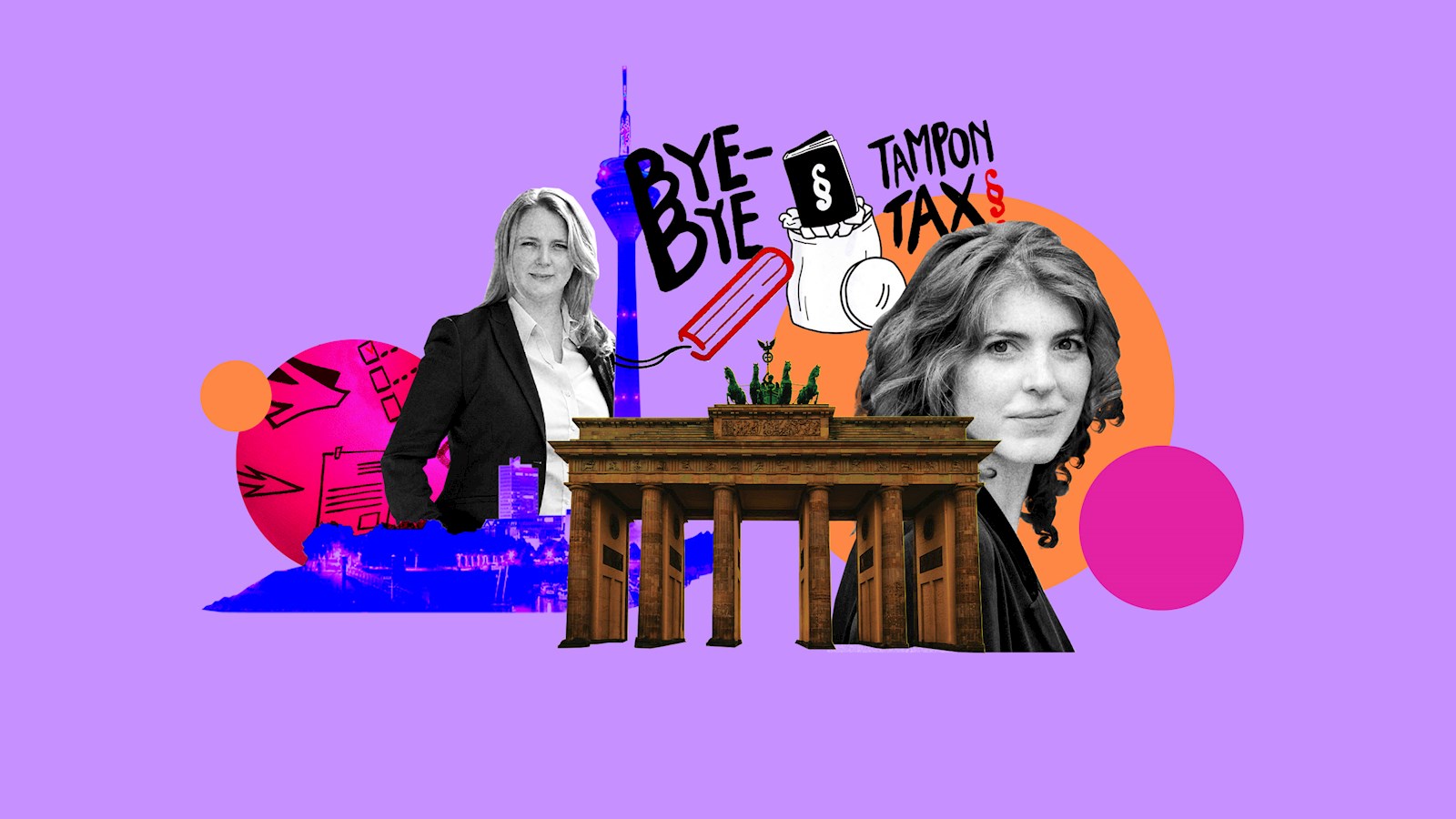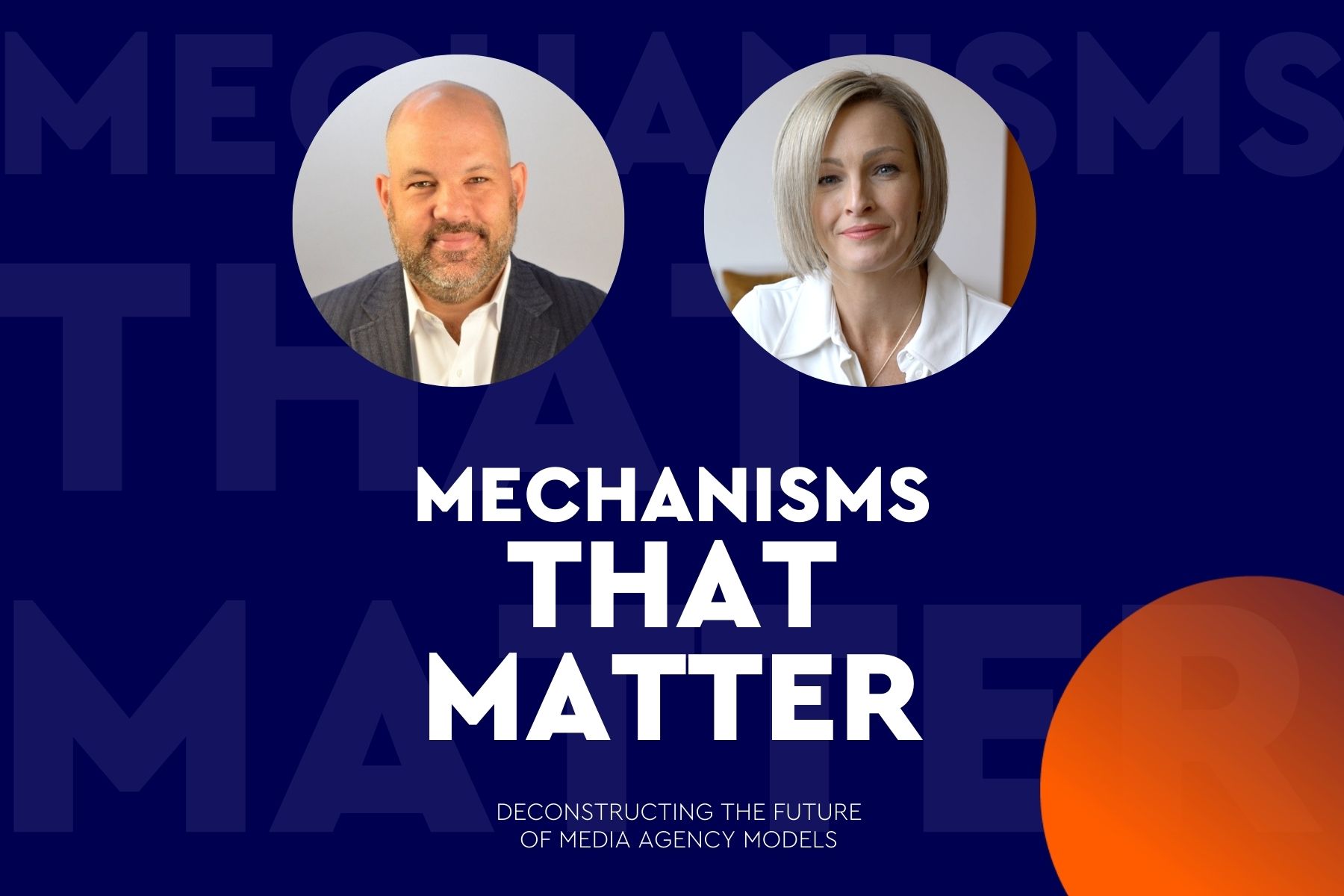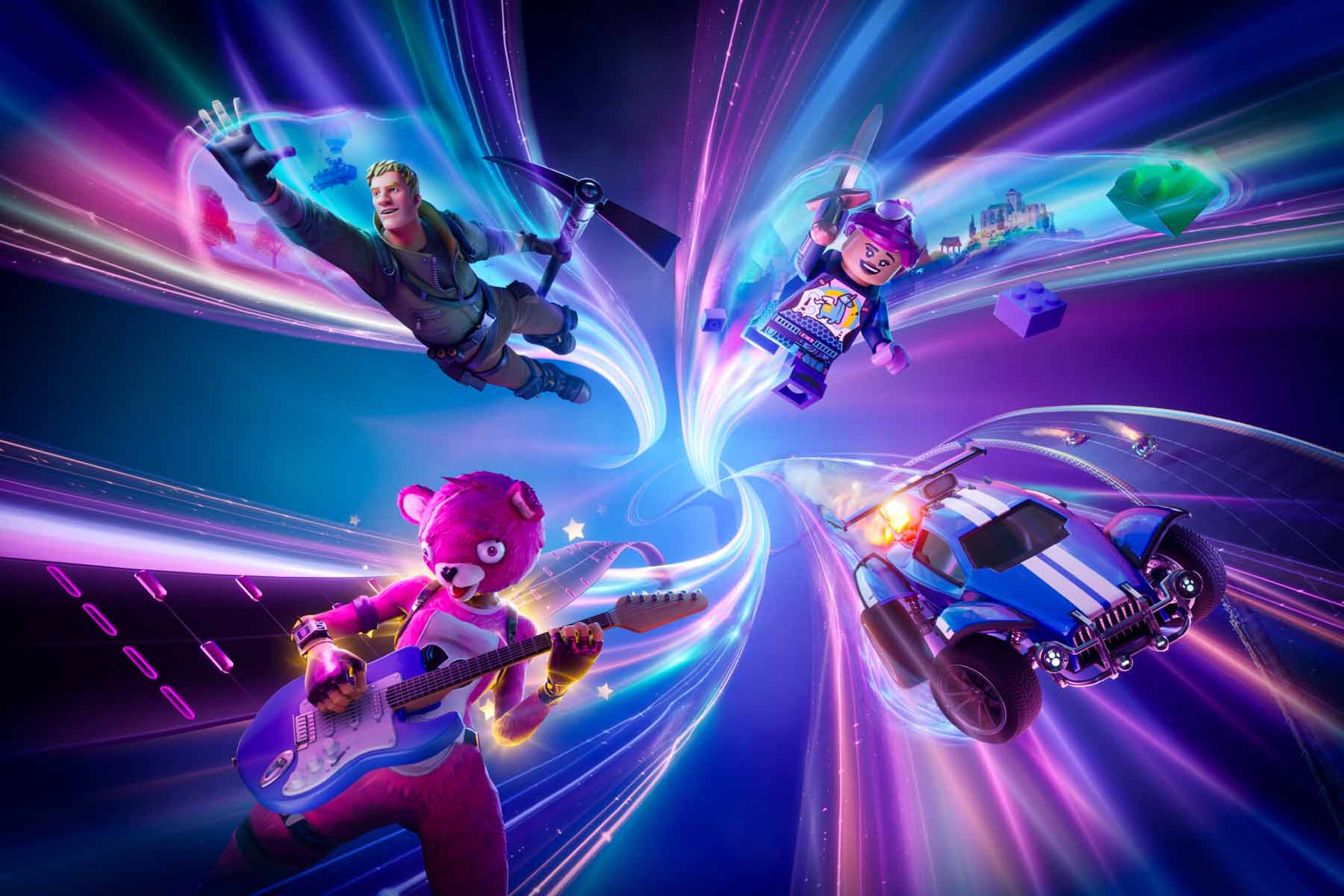
In conversation: Karin Ross and Catherine Gaudry
Hybrid job roles and the power of creativity to drive change
Show this article in Chinese, French, Portuguese (BR), Spanish
To coincide with International Women’s Day, WPP brings together 16 brilliant women and men from across its global network, in eight conversations about the industry, equality and the impact of our work on wider society.
Karin Ross, CEO at GroupM Germany, and Catherine Gaudry, Managing Director International Business and Head of Talent for the Scholz & Friends Group, discuss their hybrid roles, the talent pipeline, and paving the way for more diverse leadership.
Catherine Gaudry: You must be the first CEO I’ve ever heard of being promoted while pregnant?
Karin Ross: Yes. It’s been quite an interesting journey so far! It required quite a lot of imagination to figure out a way for me to balance taking the role with my family.
I agreed a very flexible working model to start, so for the first half of the year it is more about supporting and building out our leadership team and working on the overarching strategy but not being very visible in the markets, which is a bit special for this role.
In GroupM and WPP, creativity is definitely our differentiator. It permeates everything we do, and it needs to be front of mind, especially when you’re dealing with technology
What about your role? Talent and business is an unusual combination but one that I think makes complete sense as talent and business are inextricably linked.
CG: At Scholz & Friends, we believe very strongly that these things are closely related. Our CEO and board believe that culture drives structure, and that we need these two things to work together, so we have a very broad field of play in terms of what we can do regarding development. We have our own academy so we can decide what kind of courses or development programmes we are offering. I train and help develop different workshop concepts or teach on the side to see what’s going on in universities and bring that in as well.
Our business is all about people; and making sure that they have the space to develop, mentor, sponsor and retain the next generations is essential.
KR: I couldn’t agree more. And having a unique approach to developing talent helps to differentiate you and your talent from other agencies.
I believe that, as agencies, we are using more and more of the same ad tech as our competitors, and it is important for our people to be thinking about it and using it in a different way, in a better way, more creatively, so that we can maintain a competitive advantage.
To a certain extent, as companies, we do have a responsibility to help drive positive change with what we do
In GroupM and WPP, creativity is definitely our differentiator. It permeates everything we do, and it needs to be front of mind, especially when you’re dealing with technology.
CG: I think, in an ideal world, creativity should really be about helping drive positive change. The most high-profile example of this is a campaign we did called the Tampon Book where the work we did for The Female Company ended up contributing to changing the law in Germany. It’s a prime example of creativity driving change, because it's a creative idea that ended up contributing to changing the law in Germany. Not every project that we do can be like that, or will be, but to a certain extent, as companies, we do have a responsibility to help drive positive change with what we do.
Do you think that the creativity or the work that we do can help drive positive change?
KR: Of course. For me it’s less about campaigns and it’s really about how you run a business. I think within a company we have the power to be able to enrich the day-to-day lives of our people, clients and communities and – as with WPP’s overall purpose – to build better futures for them all.
International Women's Day is important because...
KR: … I think, as a leader, I tend to focus too much on the task only. I think that International Women’s Day is important as we are not there yet. It serves as a reminder to me, a reminder to us as a company, to review what has happened here in the past twelve months and to continue to push for progress.
CG: … we’re not there yet. And because if you talk about feminism, to me, feminism is about equality and humanism. There's still quite a lot of education that needs to be done in that sense, and not everybody is well informed, not everybody understands the ramifications. I think that if you want to achieve inclusivity, true inclusivity and equality, you have to put that in focus, do something about it and walk the talk.
Throughout my career, I’ve had great bosses and people who have mentored and influenced me, and actually very few of them have been women. It's been mostly men, and men who are actively champions of equality. I guess my hope would be that we can keep paving the way for diverse, inclusive leadership. Days like International Women's Day or themes like #EachforEqual actually underline that that’s important, that we need things to move forward.
Read more from our #EachforEqual in conversation series
published on
07 March 2020
Category
More in Communications

Rebranding cancer: how brands heal and hurt
Along with consumer brands, the ‘brand’ of condition or event influences us.

Mechanisms that Matter – Inside WPP | Ford’s revolutionary marketing model
How a process created on the factory floor over 70 years ago has transformed ops for the auto giant

How to build your brand in-game
A new research report from WPP and SuperAwesome

